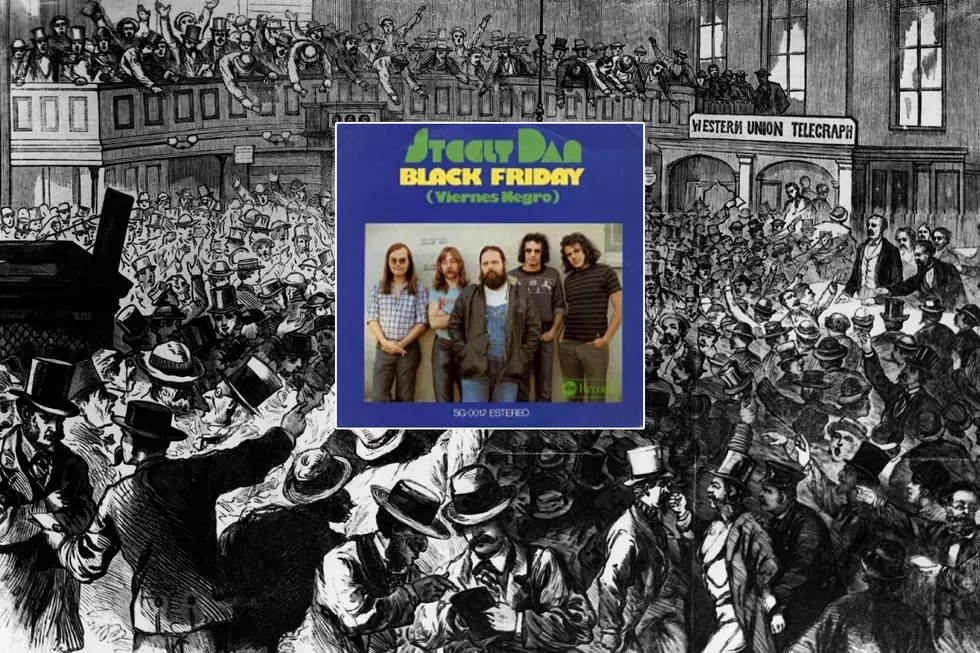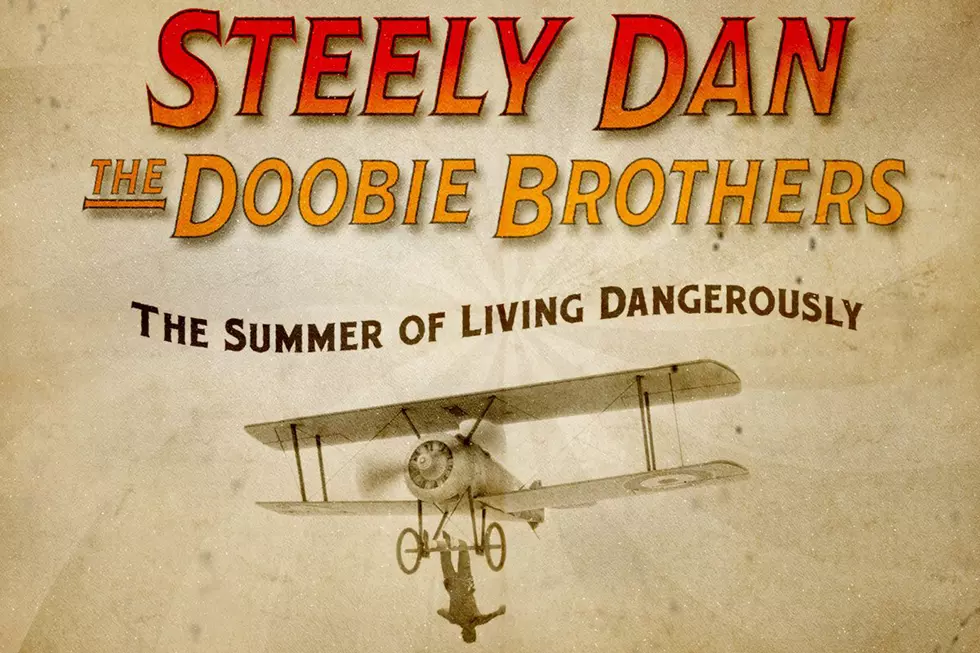
‘Thousands of Lawyers Fighting’ Over Steely Dan Royalties
Donald Fagen said that “thousands of lawyers” were probably involved in a continuing fight over Steely Dan royalties as he tried to focus on creative life without Walter Becker.
By the time Becker died in 2017 he’d been ill for some time with cancer. In a recent interview with Tablet, Fagen was asked if writing and performing in his late bandmate's absence was a “weird” experience.
“Well, it wasn’t that weird because he was ill for almost a decade before his death, and he hadn’t been as active,” he replied. “I was used to trying to keep things afloat. Though the fact that he simply isn’t there is kind of frightening. But in a way he’s always there. He’s in my body. We’ve been together for so long, he’s like my brother, you know.”
He recalled that "when I met Walter … in the late ’60s, we were really dissimilar in the actual circumstances of growing up, but we dug the same stuff. He knew all the references I did. Jazz, science fiction, comic novelists, what they called “black humor” at the time. … And there were conversations in these novels that were almost supernaturally unfiltered. People would just say what they were thinking. That particular thing was something Walter and I picked up on, and it was in the back of our minds when we were writing lyrics.”
On the subject of changes in the music industry, Fagen – who sued Becker’s estate over ownership of the band’s intellectual property – said the situation regarding Steely Dan royalties was “a long story, constantly going on.” “There are probably thousands of lawyers fighting about that right now, as we speak," he noted. "But more generally, these days it’s all about streaming.”
Turning to the status of the album format, he argued that "you can’t divorce the LP from a particular sequence of songs. … Coming after the Beatles and Dylan, we just slid into that spot where an album, 40 or so minutes of music, could be a piece of work. I know people still release albums, but I’m not sure if it’s the same. For one thing, kids listen to it on these little pods or play it out of their computer speakers, so there’s no more high fidelity, which was part of the thing, part of the experience. It’s like watching films on Netflix … it’s just not the same medium.”






